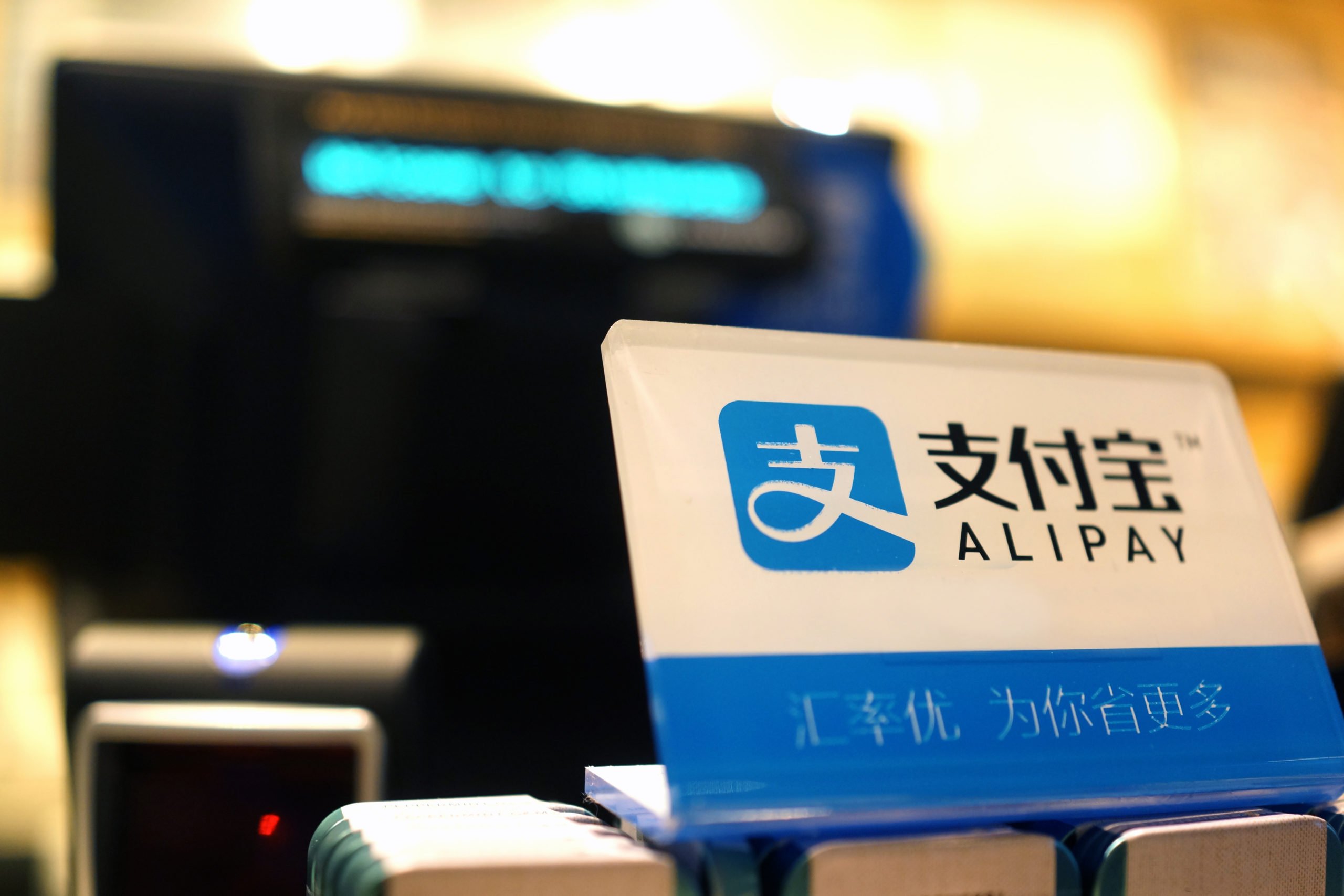Alipay, in conjunction with Wukong Car Rental, has launched the world’s first facial recognition car rental service, powered by technology behind crypto.
Crypto Powered Car Rental Is A Reality
Cash in China is quickly becoming a thing of the past. And mobile phone payment services, from the likes of Alipay and WeChat Pay, dominate the retail landscape.

On the whole, Chinese consumers already use their phones to pay for just about everything. And taking this concept one step further, Alipay has rolled out a facial recognition car rental service. Which they hope will streamline the entire car rental industry in China.
At present, renting a car can take up to 30 minutes. But using Alipay’s new service, consumers only need to scan their face and complete the order using their phone. Those with a credit score of 550 or more have the right to wave the deposit.
The entire process is less labor-intensive, making it much more efficient. And the bottom line is that customers can be driving off in just 2 minutes.
As well as that, the system utilizes crypto technology to track and record the entire rental process. It’s hoped that an immutable ledger will help resolve any disputes that may arise.
This service is currently only available in the city of Kunming, Yunan Province. But Wukong Car Rental hopes to roll it out across the entire province this coming year.
How Secure Is Facial Recognition?
As convenient as car rental by facial recognition sounds, there are questions over the security of such a system. Even one backed by crypto technology.
For example, San Diego-based AI solutions company, Kneron ran a series of tests to trick AliPay and WeChat Pay payment systems. Using photos and sophisticated masks, Kneron operatives were able to fool terminals into allowing payment or access.
“The team also says it was able to gain access in this way to rail stations in China where commuters use facial recognition to pay their fare and board trains.”
As starling as this sounds, the company admitted that this is an unlikely occurrence in the real world. This is because they employed specialist mask makers to obtain high-quality masks.
However, it still raises doubts over the adequacy of existing systems. Kneron CEO, Albert Liu acknowledges that flaws in current facial recognition technology do exist. But the problem lies with service providers dragging their feet in fixing the issues:
“This shows the threat to the privacy of users with sub-par facial recognition that is masquerading as “AI”. The technology is available to fix these issues but firms have not upgraded it. They are taking shortcuts at the expense of security.”
Is This The First Step To Authoritarian Control?
All the same, not only is existing facial recognition technology flawed and open to identity fraud, but there are further questions on how this system might impact privacy. Especially one that operates on an immutable crypto ledger.
After all, Alipay’s system integrates biometric data and credit ratings, all of which are tied to bank accounts.
On that note, Frederik Bussler, who advises the European Commission on AI, talks about facial recognition being a dangerous weapon that authoritarian governments can wield to silence dissidents.

“To trust governments with complete access to the information of every individual is no less than letting them play God, which is beyond unethical—it’s evil, wrapped in the guise of a cool new technology that offers convenience and can help catch the bad guys..“
With that in mind, by signing up for such systems, are we selling ourselves out just for the sake of convenience?
Images from Shutterstock



















